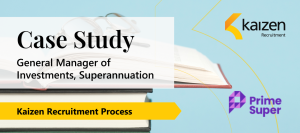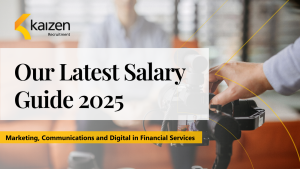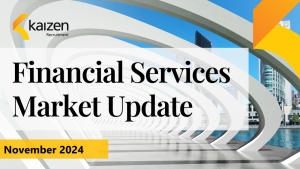Investment Analyst Salary Guide And Market Update 2022
The October to December quarter of 2021 continued to be very buoyant for recruiting investment professionals, as was all of 2021.
In almost 20 years of recruiting Investment professionals, it has never been as active with such a rich amount of opportunity.
There is fierce competition for talent!
While candidates still must ace the interview process and of course have the required skills, or more importantly the right attitude, increasingly employers are having to “pitch” to candidates. Employers are having to work diligently to clearly promote their Employment Value Proposition (EVP) and what benefits they can offer beyond a position description and salary.
Most candidates we work with rate a structured career path within an organisation as the most important factor when considering a new opportunity. Organisational culture and salary are the other two most important factors candidates consider.
We have seen some amazing counter offers, and sign on bonuses have started to be discussed and offered in some instances.
It has also been an opportunity for those organisations that have successfully embraced remote working, enabling them to hire the best talent in the country, rather than the best talent in their city or state.
Recruitment activity was strongest in Superannuation Funds / Asset Owners as these employers continued to build out internal capability and expand asset class specialist teams. As the larger super funds achieve new size and scale, newer and more specialised positions are being created.
Fund Managers, Family Offices, Wealth Managers, Asset Consultants, and Investment Research firms also had plenty of demand, both from a mixture of strategic business growth and staff turnover.
There was certainly a war for talent, with demand exceeding a lack of supply (quantity and quality) due to COVID restrictions which has impacted migration and candidate mobility.
In many cases employers have had to reconsider their hiring strategies and it certainly has been a boom period for recruiters.

Investment Analysts
Some organisations struggled to hire investment analysts with 1 to 4 years’ experience primarily as they had pre-COVID expectations on salaries and were unaware about the general lack of availability in the market.
It was actually a great opportunity for graduates to get their first opportunity in the industry with many firms increasing graduate and intern recruitment.
We saw several clients give up trying to hire investment analysts with experience (again due to lack of quality at a reasonable salary) and hire a graduate instead. In these cases, candidates had decent to strong academic qualifications, and clients were hiring on attitude, cultural fit with their willingness to learn.
Strong excel skills and coding skills were also highly desirable and, in most cases, assessed during the recruitment process.
Most of the candidate we placed in Investment Analyst positions came from Big 4 backgrounds (valuations, advisory), Banking (institutional lending, credit, and treasury), investment research, investment operations and performance analytics backgrounds.
The lowest salary was $60K for a recent graduate and up to $140K plus bonus for an Investment Analyst who had 4 years post graduate experience.
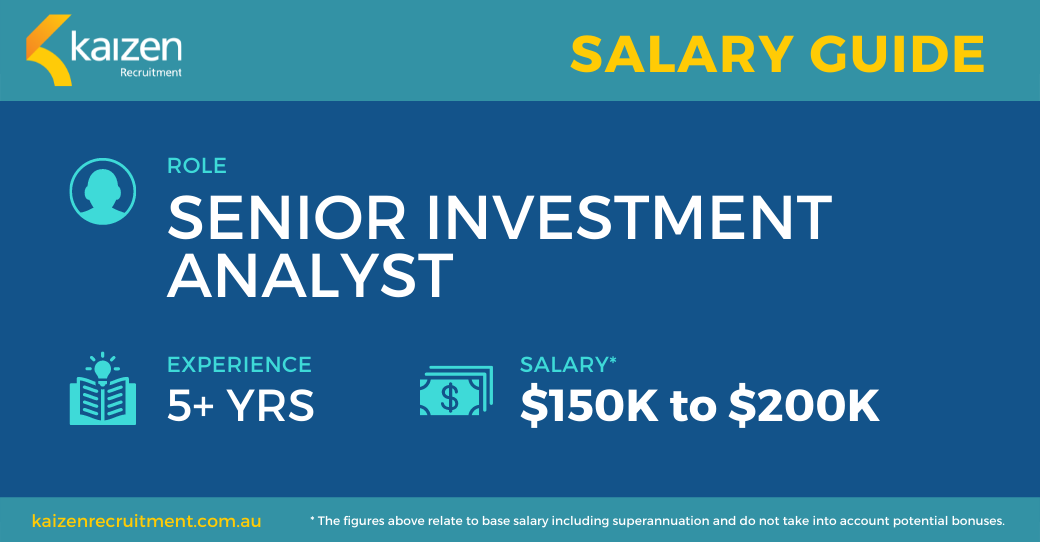
Senior Investment Analysts
While there was demand at all levels of experience and across all asset classes, the strongest demand was by far for senior investment analysts with 5 to 10 years of experience.
Salaries for senior investment analysts ranged between $150K and $200K with some bonuses paying up to 40%.
It was a great opportunity for investment analysts to take the next step in their career, with many receiving salary increases of between 15 to 40%.
Investment experience with fixed income & credit, property, and ESG was most sought after as was coding and experience with data visualisation.
Portfolio Managers / Investment Managers
With increased recruitment activity across the market, we did notice many senior investment professionals with long tenure, decide to make the move and join a new organisation.
It was due to mixture of newly created senior positions as well as attractive salaries and on many occasions due to cultural and values-based considerations with a number of buy side fund managers moving to “purpose or values lead” super funds.
We also observed several senior investment professionals proactively seek out ESG / Responsible Investment opportunities and were prepared to take a salary cut to achieve this transition.
The salary range for Portfolio Management varied widely from $200K to $330K plus bonus.
The salary differential was due to several factors from size and culture of the organisation to specialisation and complexity of the portfolio they will be managing.
We do anticipate the recruitment market for investment professionals to remain buyout throughout 2022.
For any further information on the state of the Australian recruitment market for investment professionals, please contact Matt McGilton at Kaizen Recruitment.
Kaizen Recruitment specialises financial services recruitment across funds management, wealth management, superannuation, investment consulting and insurance. We are based in Melbourne and Sydney. For assistance or further information please telephone our office at +61 3 9095 7157 or submit an online form.
Like what you see?
Please feel welcome to join
Kaizen Recruitment’s mailing list
